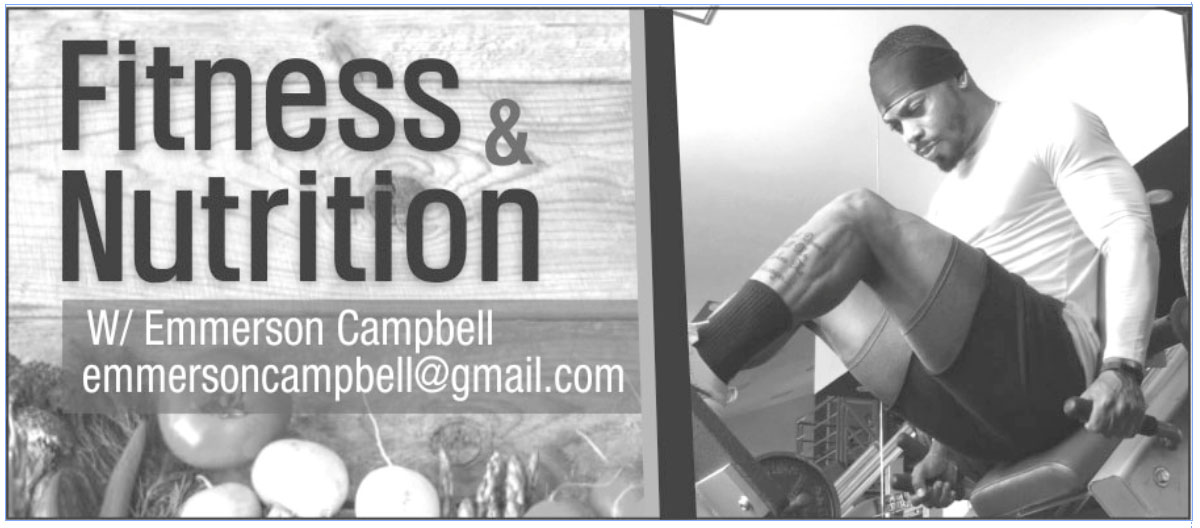There are many misconceptions about vitamins and supplements and I would like to clear up some of them. After recently posting the vitamins and supplements that I use to my social media platforms, based on the feedback and questions I received, I’ve come to the realization that many are misinformed about the role vitamins and supplements play.
Let me state for the record that supplements are just that, supplements, the purpose of a supplement is simply to accompany a balanced diet. Therefore, dietary supplements cannot take the place of a well-balanced diet. However, they can provide adequate amounts of essential nutrients when used responsibly.
Dietary supplements are products that contain vitamins, minerals, botanical or herbal ingredients, amino acids (the building blocks of proteins), and enzymes (complex proteins that speed up biochemical reactions). They are commonly sold in various forms, including tablets, capsules, powders, and liquids.
Dietary supplements are not medicines, and they do not cure diseases. But consumers should feel secure that manufacturers are required to ensure that their products are safe and meet specific quality standards.
Our bodies depend on a steady supply of vitamins, minerals, and other nutrients for good health throughout our lives. Yet it can be challenging to get all the essential nutrients we need from food alone. Dietary supplements can play a vital role in a healthy lifestyle, if you are a well-informed consumer.
The most popular nutrient supplements are multivitamins, calcium and vitamins B, C and D. Calcium supports bone health, and vitamin D helps the body absorb calcium. Vitamins C and E are antioxidants—molecules that prevent cell damage and help to maintain health.
Some people are of the opinion that some of the supplements I posted may have a performance enhancement drug (PED) effect or may be banned or illegal. That is not the case.
Being an athlete, a proper balance and adequate levels of essential nutrients are important for a range of complex processes in the body. When vitamins are taken as supplements, they are introduced into the body at levels that could never be achieved by eating even the healthiest of diets. Consequently, they are simply tools in the tool box and not a cheat code.
Simply taking a vitamin pill is not an instant fix for feeling run down or lacking in energy. It is the combination of a whole range of compounds in foods that gives us the protection we need, most of which we probably don’t even know about.
When you artificially remove one of them and provide it completely out of context, it may not be as effective and, in the case of some vitamins, can have negative effects.
Note: For a healthy adult, if supplements are used, they should generally be taken at levels close to the recommended dietary intake. Information on how much a supplement provides can be found on the packaging. High-dose supplements should not be taken unless recommended under medical advice.









